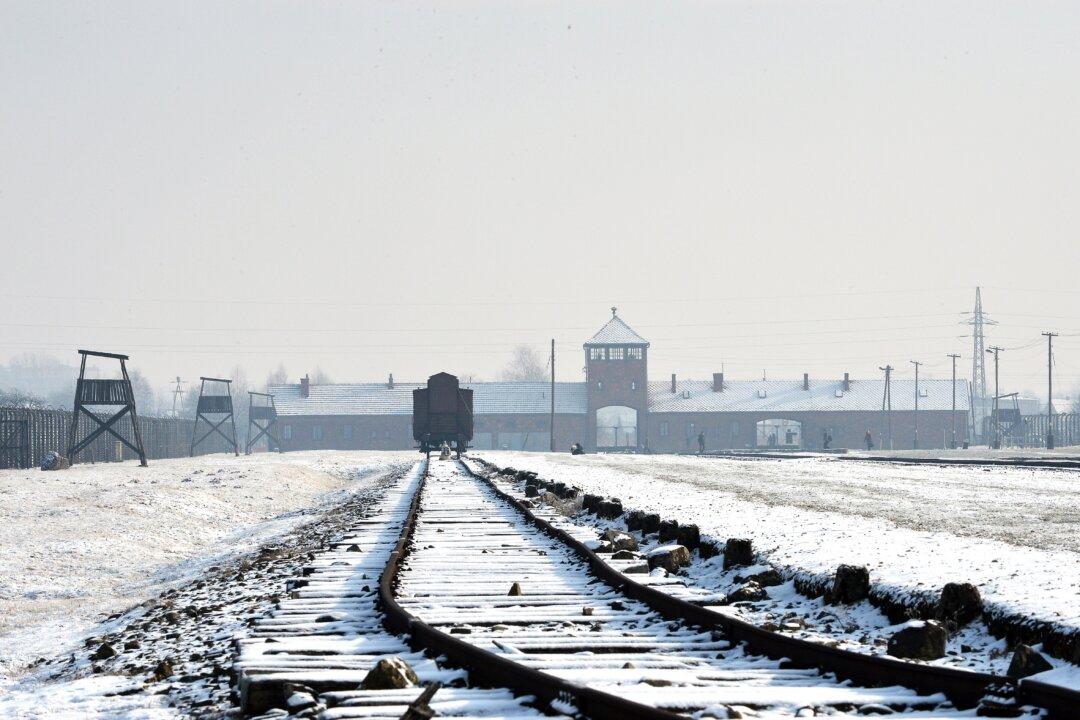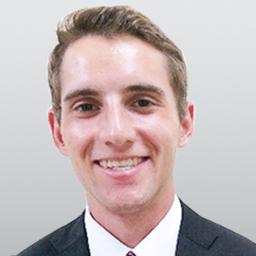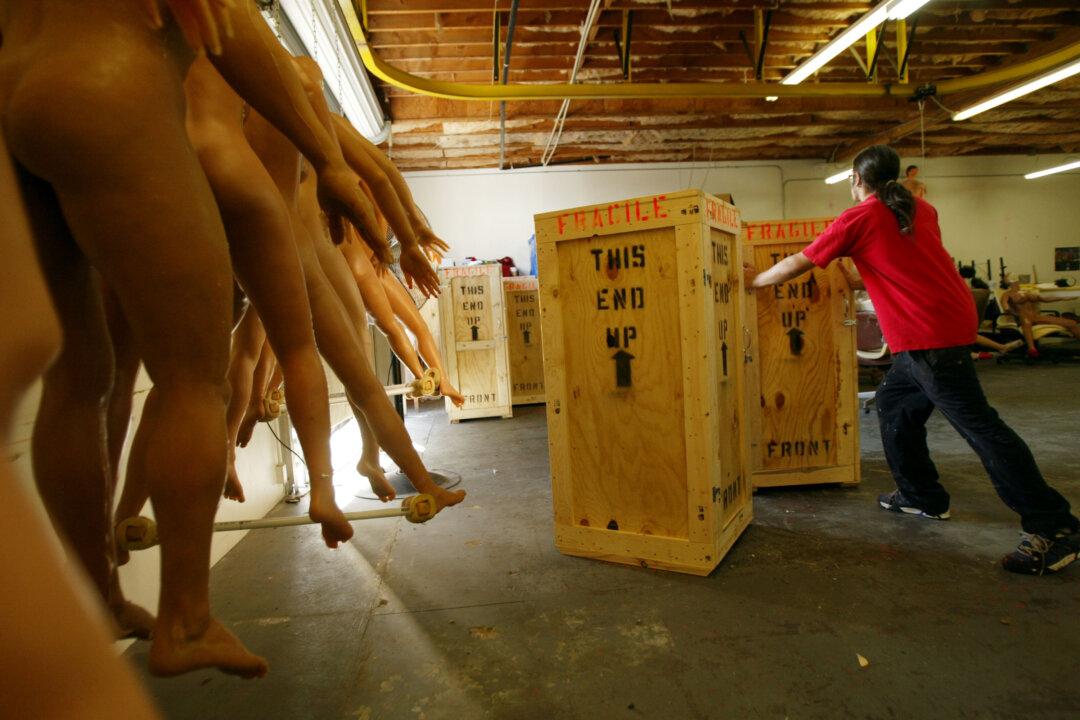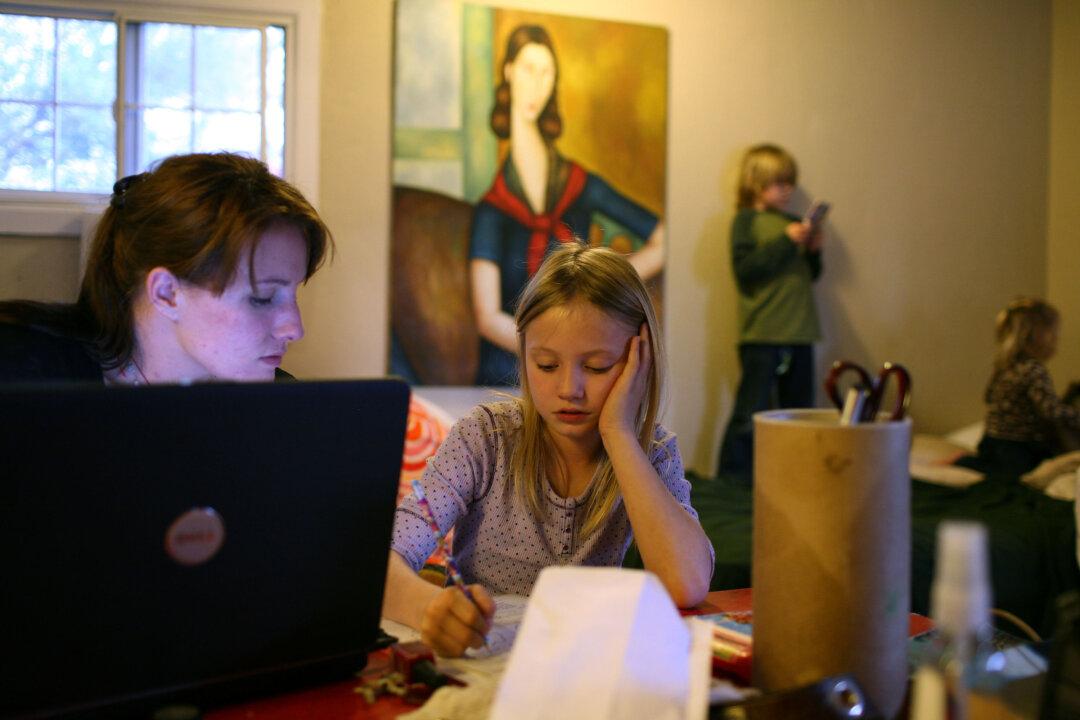After hearing recent comparisons of ICE detention centers to concentration camps, as well as President Trump’s immigration policies being labeled as “fascist,” California resident and Holocaust survivor Piri Katz, 91, decided to share her incredible story and speak out in the president’s defense.
“It bothers me when people misjudge others without knowing them. [Don’t] just judge and say all kinds of hateful things,” Katz told The Epoch Times.





